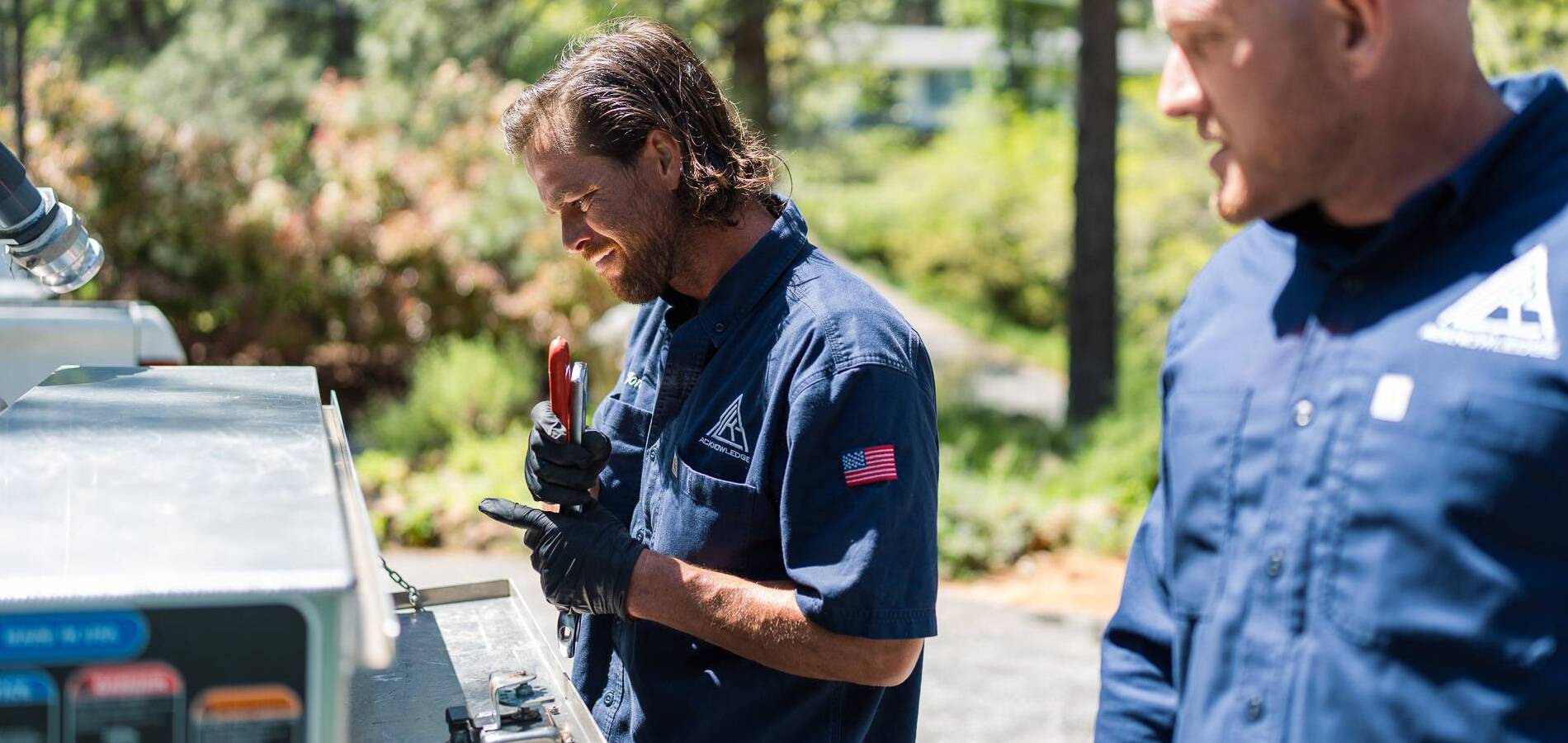Yes, with basic tools and instructions, most people can install a new faucet. Ensure you turn off the water supply before starting the installation to prevent leaks.
Menu
- Home
- Services
- ADU & Additions
- Bathroom Plumbing
- Drain Cleaning
- Expansion Tanks
- Faucet Replacement
- Garbage Disposals
- Gas Line Repair
- Hydro-Jetting
- Irrigation Systems
- Kitchen Plumbing
- Leak Detection
- Main Water Lines
- Pipe Replacement
- Plumbing Repair
- Septic Replacement
- Sump Pump Replacement
- Toilet Replacement
- Trenchless & Traditional Sewer Repair
- Tub & Shower Repair
- Video Camera Inspection
- Water Heaters
- Commercial
- Realtors
- Reviews
- Coupons
- FAQ
- Blog
- Service Areas
- Contact Us

